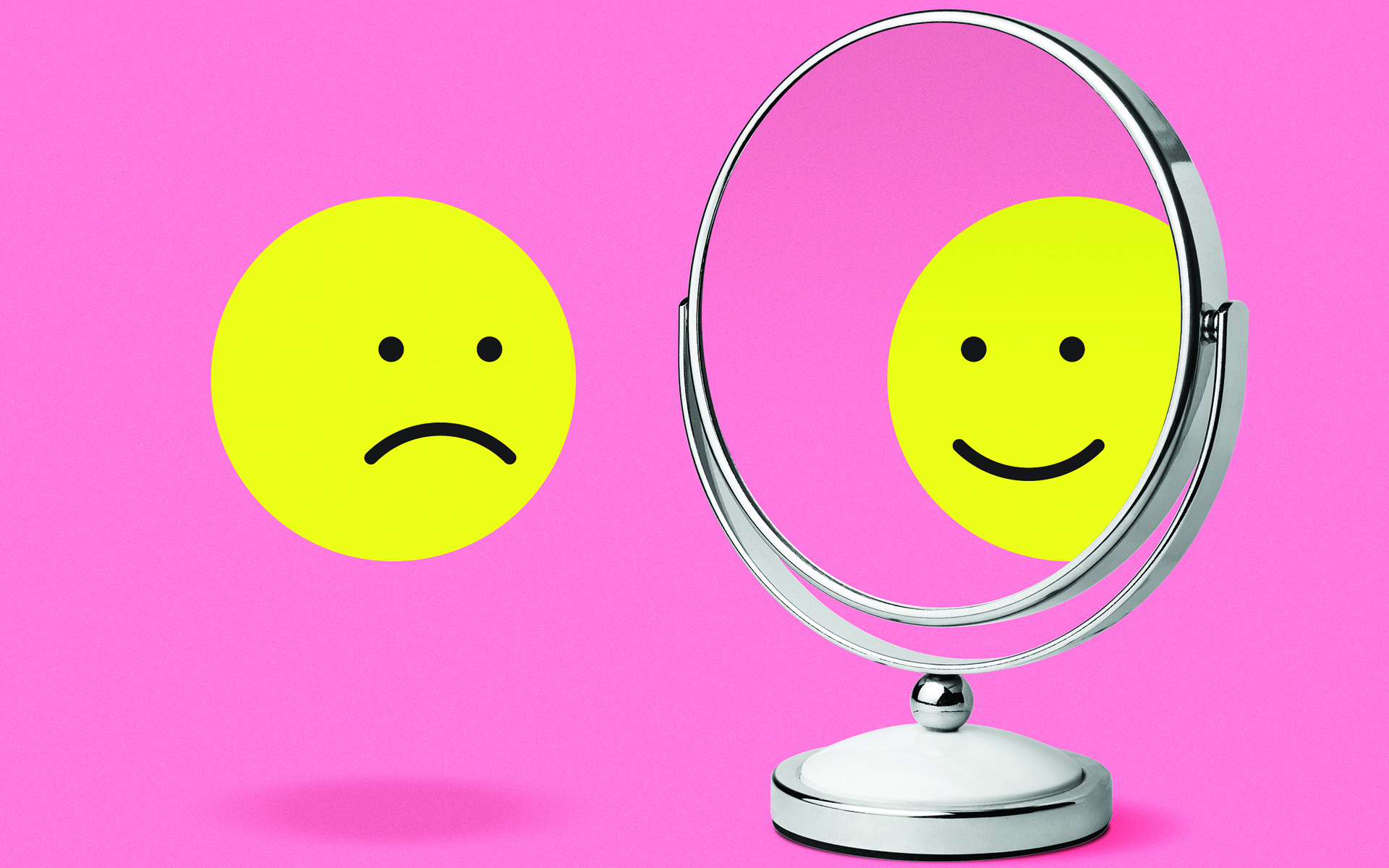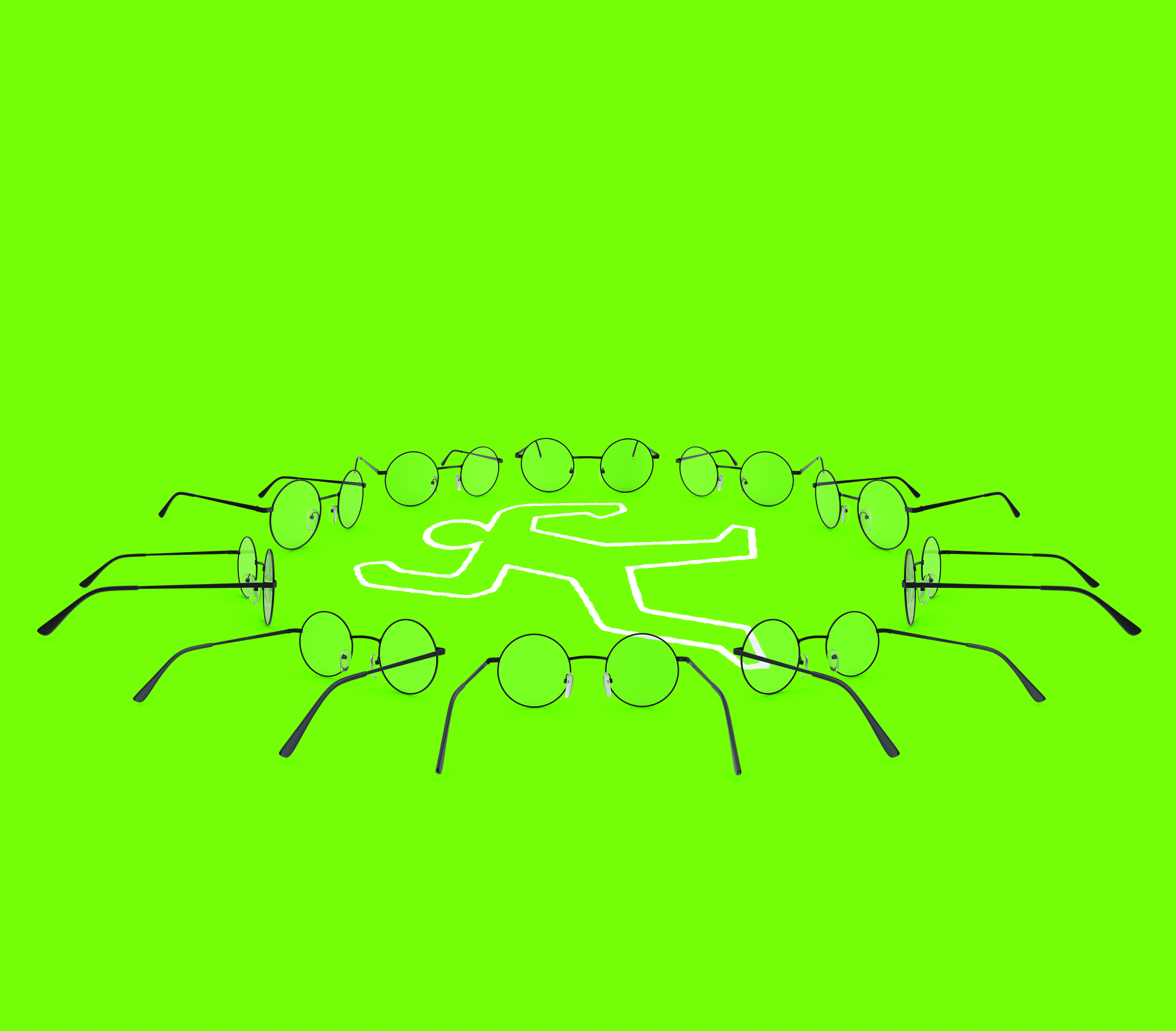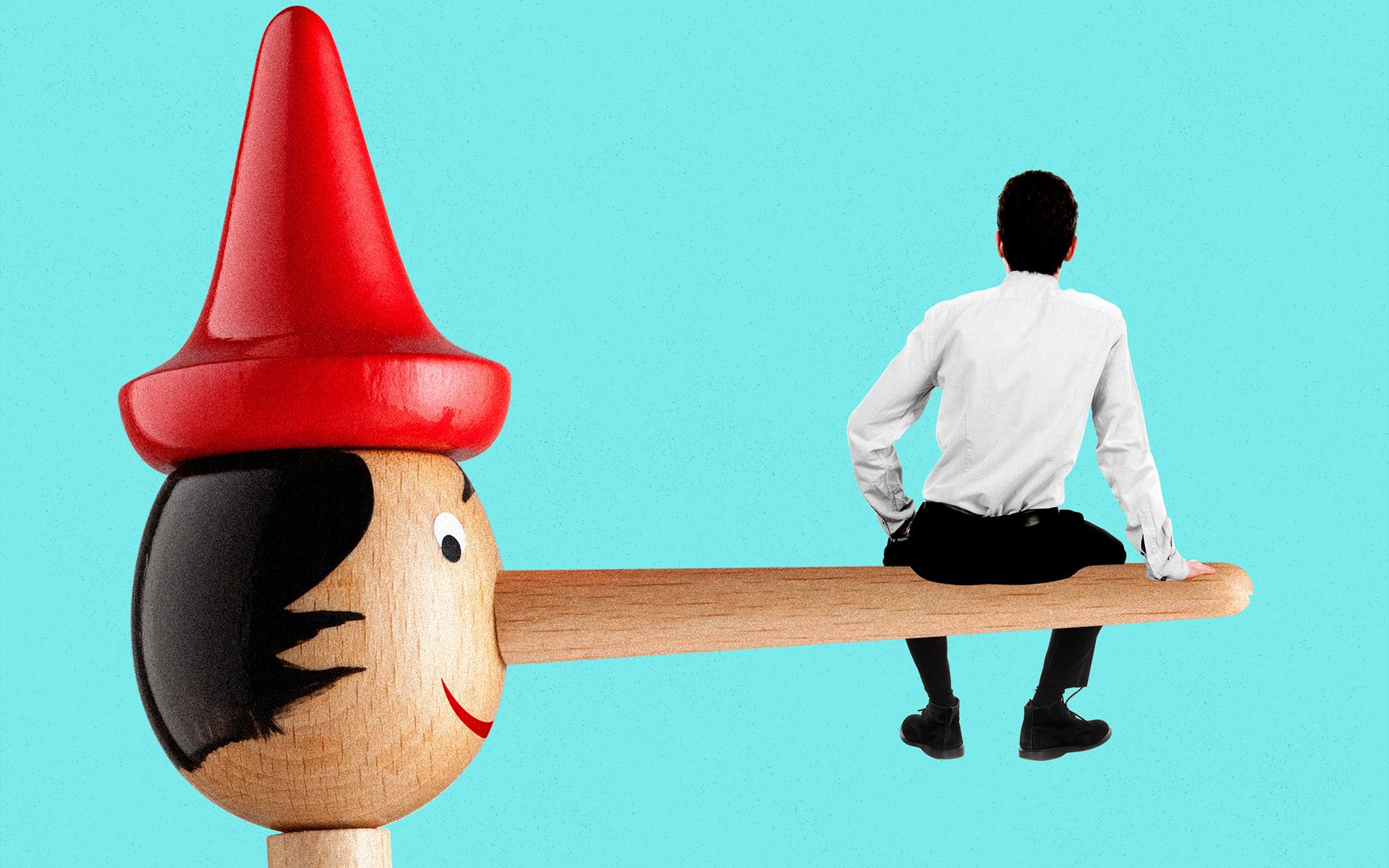Gabrielle was lonely. A series of short-lived romantic relationships had left her heart in tatters. Although she said she was ambivalent about pursuing a committed, long-term relationship, she reported feeling lonely and continued to fall into intense relationships with men who didn’t give her the support and intimacy she craved.
With just a few pointed questions, psychologist Colleen Becket-Davenport got to the bottom of what was going on: Gabrielle was choosing men who were “all unavailable in some way,” said Becket-Davenport, who practices in San Francisco. “They were already in a committed relationship, they had mental health issues of their own, or lived far away, for instance.” When these men didn’t respond to her texts, Gabbie made excuses for them (“He has a lot going on right now”). Despite her insistence that she didn’t “need a boyfriend,” she found herself feeling hurt and rejected when the relationships ultimately imploded.
By helping Gabbie see how their unavailability made her feel (“When he doesn’t respond to my texts, it makes me feel like I don’t matter”), what she truly wished for (“An emotionally intimate relationship with someone who checks in with me and cares how I feel”), and why she was choosing unavailable men (“I don’t think my needs are important”), Becket-Davenport was able to give Gabbie something psychologists have long seen as crucial to well-being: self-insight.
How Much Self-Knowledge Is Too Much?
“Most therapy is going to aim to increase self-insight in some way,” said Becket-Davenport. “This may mean gaining insight into your less conscious motivations, understanding how your thoughts influence your behavior, or simply developing better emotional awareness.”
If you don’t look too deeply, it’s hard to argue with the ancient Greeks’ counsel: “Know thyself.” To understand one’s motivations (Why do you procrastinate? treat a certain family member or “friend” like dirt? act like a doormat in relationship after relationship?) is to take the first step toward being mindful about behavior that messes up your work, relation-ships, and life in general. In my own case, I finally understood that much of what I do—from working compulsively to obsessively checking on my children to periodically blowing through my apartment like a Category 5 hurricane to cull unneeded possessions—arises from anxiety. That insight enabled me to set priorities and behave more thoughtfully.
If self-insight is so beneficial, why aren’t more people better at it?
The assumed value and benefits of self-insight in all its forms, from a clear-eyed assessment of your strengths and weaknesses to a hard-won understanding of why you behave and interact as you do, has scholarly backup. In a 1937 textbook that launched the science of personality, Gordon Allport called “an impartial and objective attitude toward oneself” a “primary virtue.” If any personality trait is unambiguously desirable, he continued, “it is the disposition and ability to see oneself in perspective.” More than 60 years later, leading psychologists warned, “People who do not see themselves accurately are likely to bungle their lives.”
Science, of course, is about questioning what seems obvious, and the value of accurate self-assessment—a.k.a. self-insight—has been in its crosshairs recently. One reason: If self-insight is so beneficial, why aren’t more people better at it? Not only is self-delusion about one’s abilities rife (more on this in a minute), but we stink at seeing our own personality states. As a 2019 study reported, people can mostly tell when they exhibit extraversion or conscientiousness, but are clueless about their own agreeableness, neuroticism, and openness to new ideas.
Given how rare self-insight is, researchers are asking whether self-insight in general, and into one’s abilities in particular, is necessarily beneficial, and whether a drive for self-insight is, as long assumed, a human universal. If any of those were so, we should have more of it.
The conventional view is that people are motivated to achieve self-insight because its value is obvious. “Effectiveness in life depends on knowing one’s strengths and weaknesses and in having an accurate assessment of one’s personal characteristics,” leading psychologists wrote in the book Selfhood. That knowledge allows us to focus on what we need to improve or, conversely, to leverage our true strengths. Individuals with stellar abilities will be more motivated to pursue relationships, ambitious projects, and other challenges—success in which boost well-being—if their self-insight is accurate. If they don’t realize their strengths they may never reach for the stars.
Clearly, however, self-insight can backfire. Gaining 20-20 vision into your mediocre abilities or character flaws—seeing that you’re not, say, the creative baker or the sympathetic person you thought—can sap confidence and even obliviate the will to strive in any realm of life, including relationships and career. That’s especially true if this self-insight comes courtesy of the “honest feedback” beloved in academia and the workplace. No wonder progressing along the road to self-insight can feel more like being pushed into a deep, muddy ditch.
Scores of studies have tried to answer whether the benefits of self-insight outweigh its potential harms. I am sorry to say that when it comes to the best-studied form of self-insight, assessment of one’s abilities, the results aren’t clear-cut. “There is much work out there that shows overconfidence to be costly and work that shows it is beneficial,” said psychologist David Dunning of the University of Michigan, a co-discoverer of the Dunning-Kruger effect (people overestimate their abilities and virtues).
Progressing along the road to self-insight can feel more like being pushed into a deep, muddy ditch.
One reason for the discrepancies is that the benefits and costs of accurate self-assessment vary by circumstance. “When people face extreme challenges, being unrealistic about your abilities can be beneficial,” Dunning said. “Overconfidence is also helpful as a social device when you want to be persuasive.” But if it leads you to take on challenges where you’re guaranteed to fail it can be ruinous (think of an overconfident gambler or stock trader, Dunning said).
The Connection Between Contentment and Self-Insight
An influential 2019 study was the latest to cast doubt on the value of self-insight. Researchers at the University of Toronto had 1,044 volunteers complete tests of cognitive and emotional abilities and then estimate how many items they got right. The gap between actual and estimated scores served as a proxy for self-insight into those abilities. Next, for a week, participants filled out a daily diary whose questions aimed to capture their satisfaction with work, relationships, and life overall.
In a result that would appall the ancient Greeks, people with poor self-insight were more satisfied with their lives than those who saw themselves clearly. Those who most overestimated their abilities were the most content with their work, relationships, and overall life. Of two people with equal ability, “the one with the highest self-views is the more highly adjusted,” Toronto’s Joyce He and Stéphane Côté wrote. Poor self-insight into emotional abilities—that is, overestimating them—was specifically associated with greater career contentment, while poor self-insight into cognitive abilities was associated with greater contentment in both work and relationships.
“Thinking you’re better than you are might lead you to feel content, [and] think that your life, career, and relationships are going well,” said He. “We do not find that self-insight led to [better] adjustment,” as so many experts assert.
How can having the self-insight of a rock bring greater contentment than a clear-eyed assessment of strengths and weaknesses? For one thing, ability does not necessarily translate into success. (Insert your favorite horror stories of incompetents climbing the career ladder, or of the emotionally clueless attracting hordes of friends…or at least acolytes.) Instead, someone who acts with confidence, from proud posture to self-promotion, is generally perceived as both more competent and more desirable (as a friend or more) than someone who does not; through an emperor’s-new-clothes effect, that perception translates into “higher status and adjustment,” Côté and He wrote.
Another factor may be in play. The researchers measured people’s subjective well-being, He cautioned, not “more objective indices, like job performance and income.” Those might tell a different story. But even if they do, self-enhancement carries the day: Poor self-insight extends to not realizing that, objectively, things are not going well.
At least for a while. Eventually, reality has a nasty habit of catching up to self-delusion, and an exaggerated self-image crashes and burns on the shoals of a sputtering career and unfulfilling relationships.
And that’s where self-insight of the sort Becket-Davenport and other therapists help people achieve comes in. For insight, of course, can go well beyond “How good am I at X?” as He measured, to an understanding of motivations and reasons for choices and behaviors. Joyce He calls this form of self-insight “introspection, self-reflection, or even mindfulness. I think those forms of self-insight are fundamentally quite different. So I don’t think our results would apply.”
Read More
The Science of the Bystander Effect
Writer Sharon Begley explores the research on why decent people will watch someone in trouble, possibly even film it, rather than step up to help.
Read More
How Our Minds Tell Fact from “Fake News”
In a world of “alternative facts” and identity hackers, science writer Sharon Begley explores the science of how our minds determine if something is true.
Read More









